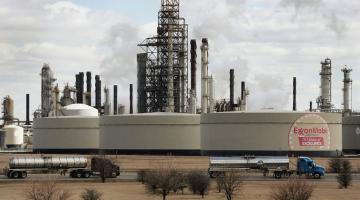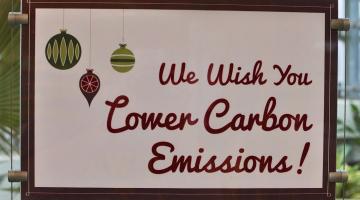Climate Risk Experts: Transparency Should Be Fossil Fuel Companies' New Normal
A panel of economic experts unveil a set of recommendations to protect investors from a head-in-the-sand approach to global warming's inevitable impacts. That is the recommendation of a blue-ribbon panel convened by the economically powerful Group of 20.







